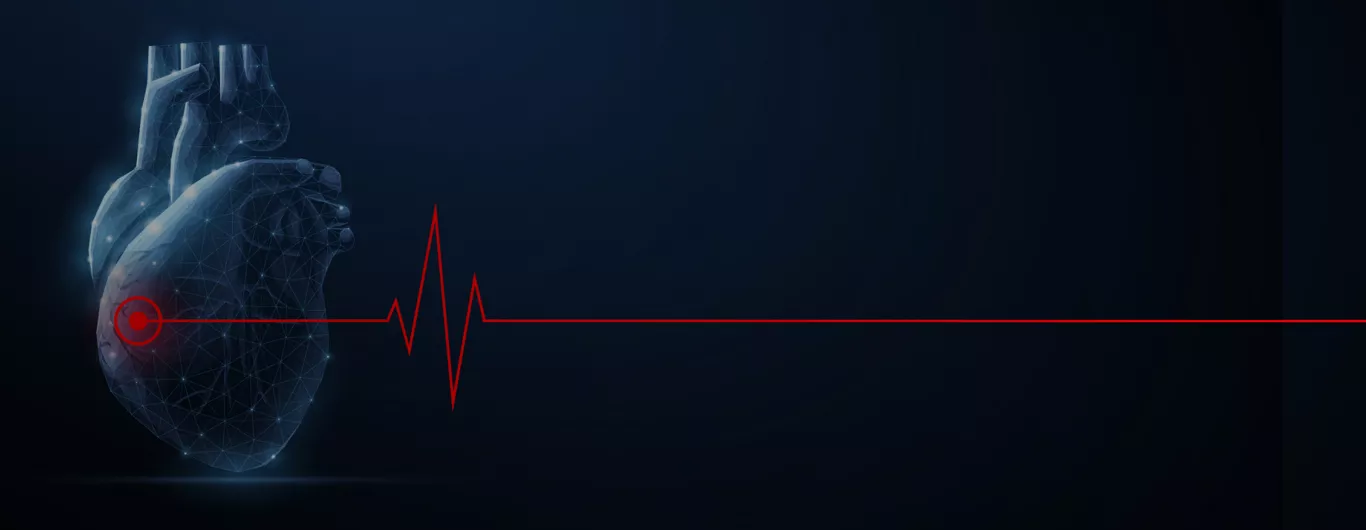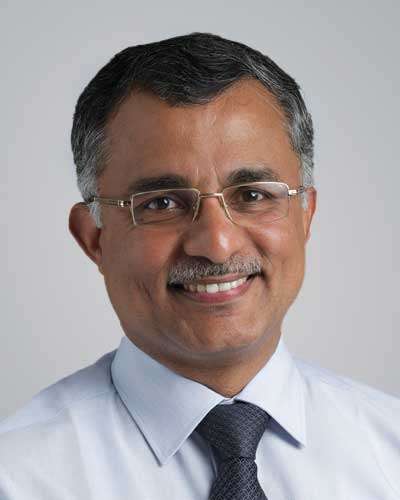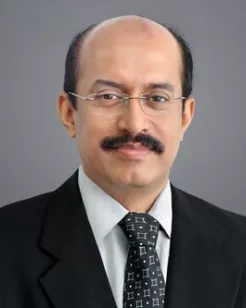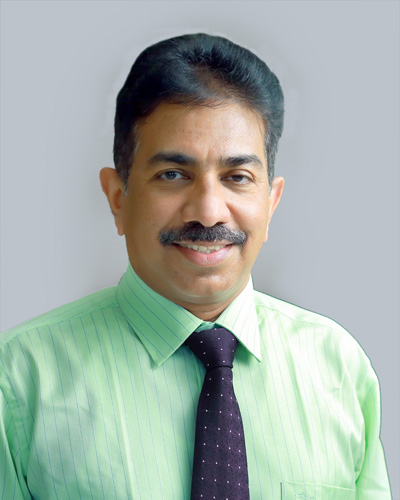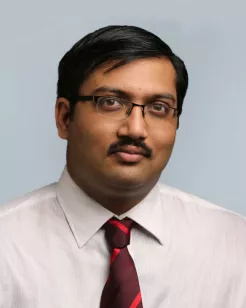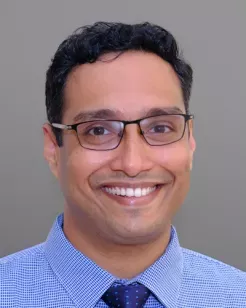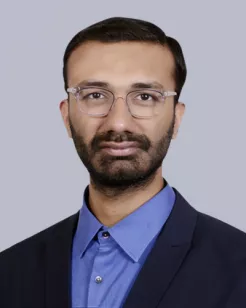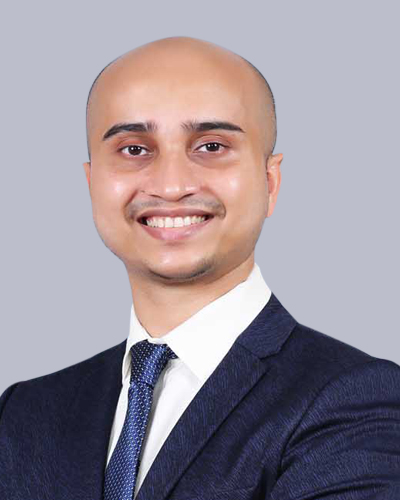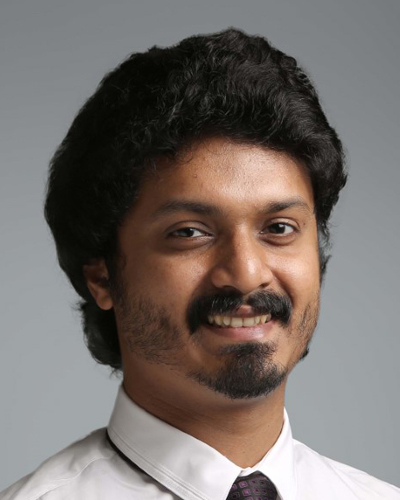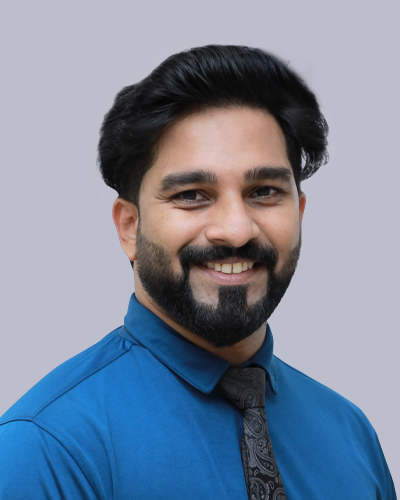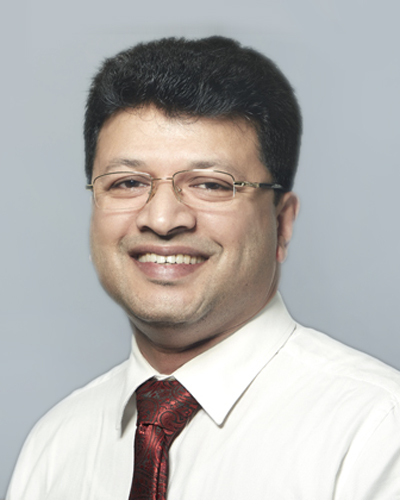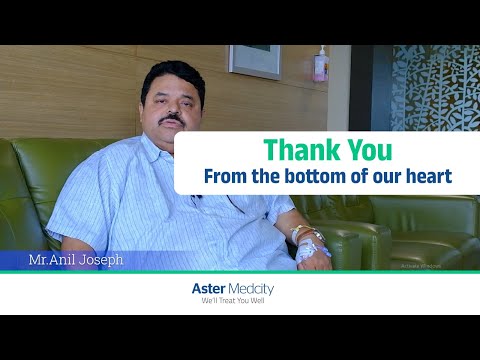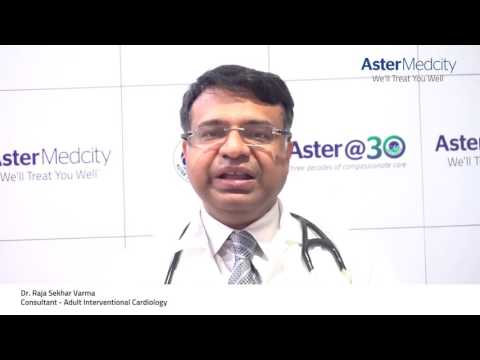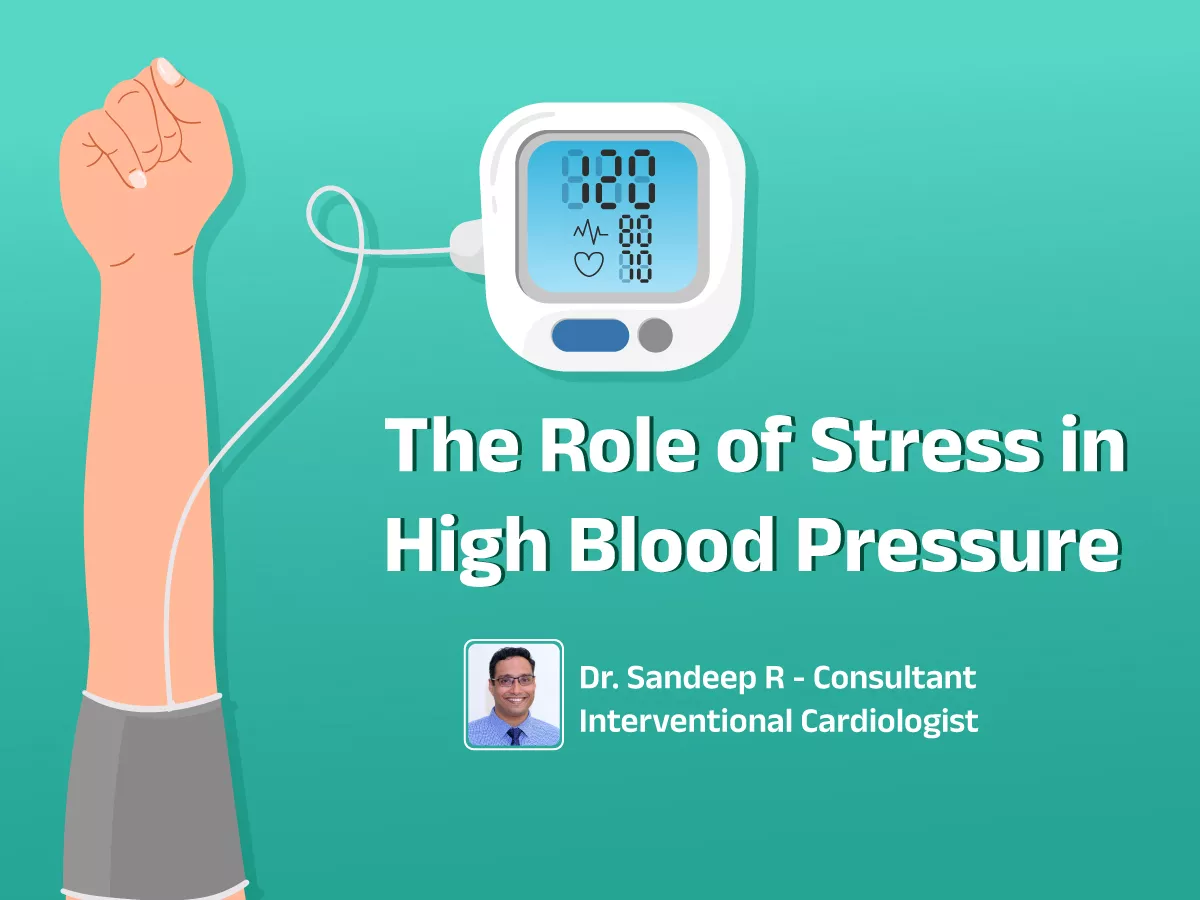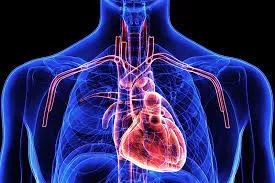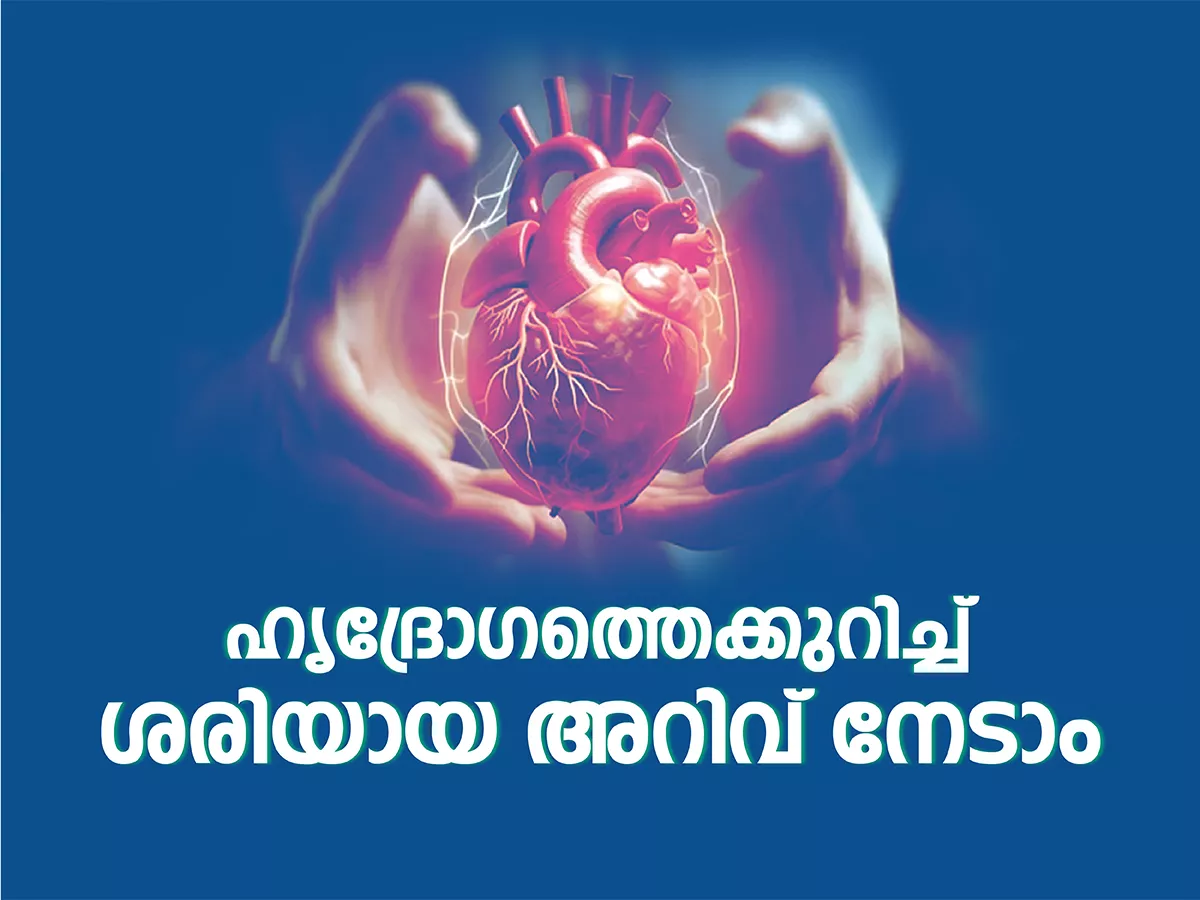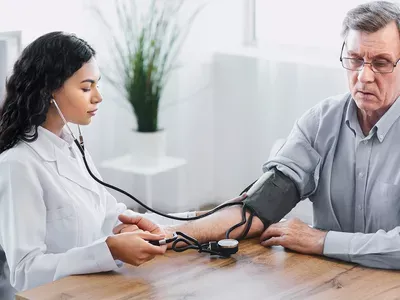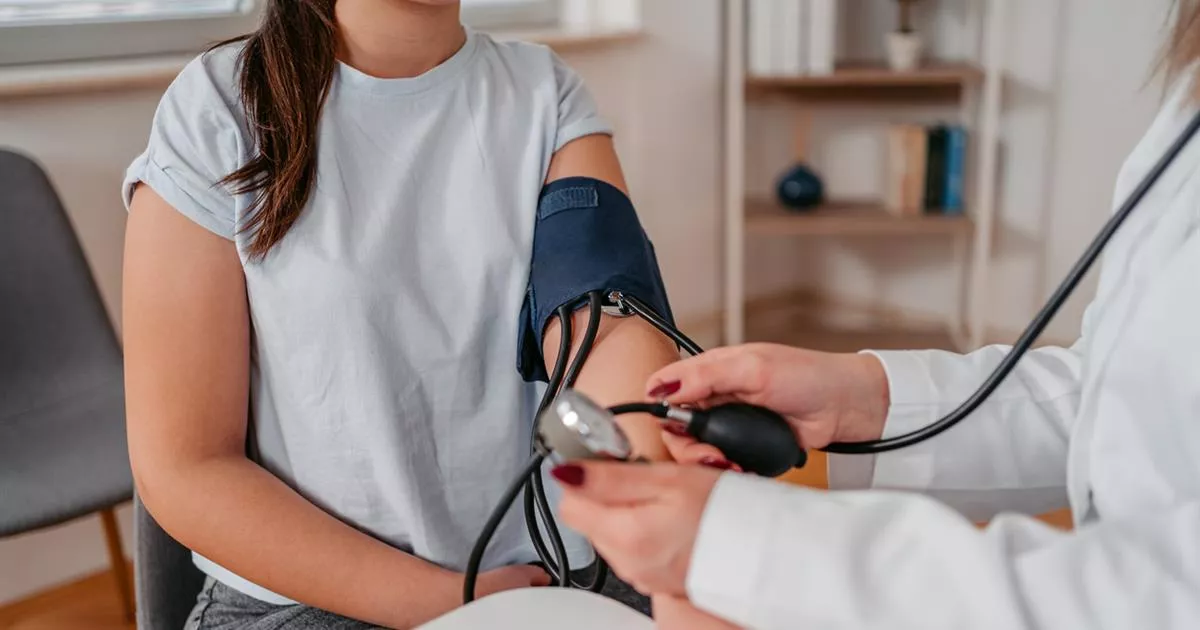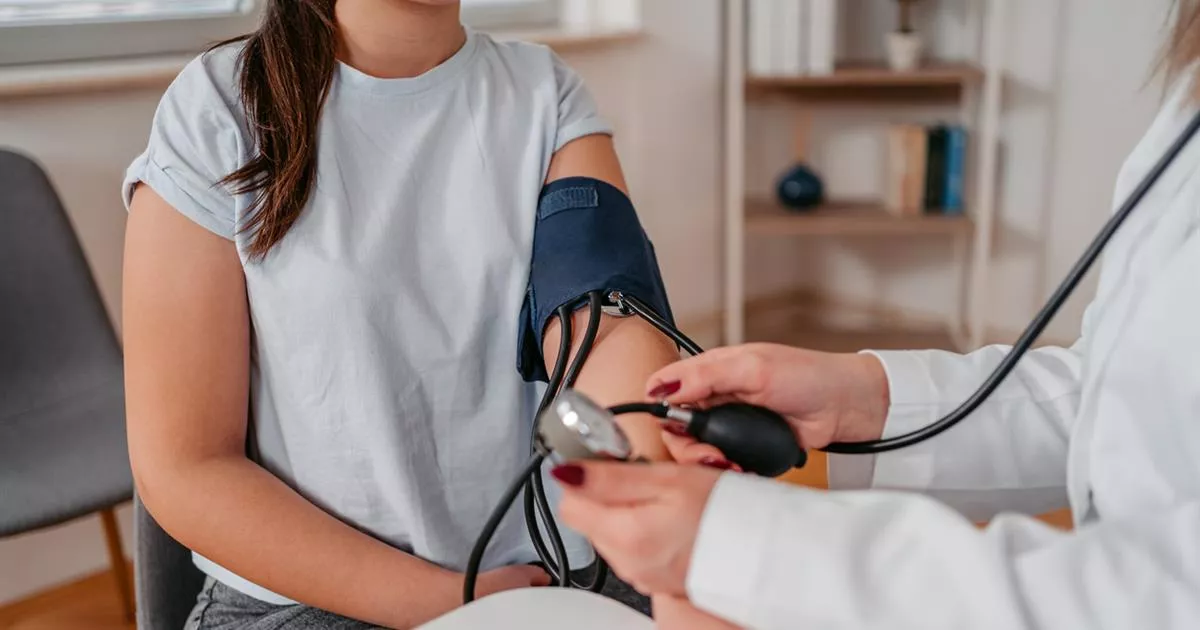Aster Medcity is one of the best cardiology hospital in Kochi, Kerala & is known for providing superior quality services in diagnosis and treatment related to heart disorders. We provide services, such as heart transplant, advanced cardiology, interventional cardiology, electrophysiology, and cardiac rehabilitation services for both children and adults.
We have a team of heart specialists from India and abroad who provide excellent services in areas of interventional cardiology, paediatric cardiology, vascular interventions, valvular interventions, pacemaker implantations, and interventional radiology. We use advanced and high precision diagnostic tests such as cardiac ultrasound, diagnostic angiography, cardiac CT and MRI, stress echocardiography, electrophysiological study, cardiac biomarker testing to evaluate our patient’s condition and also to find out our treatment outcomes.
Advanced Technology & Facilities
Well equipped with the latest medical equipment, modern technology & infrastructure, Aster Hospital is one of the best hospitals in India.
Aster Medcity offers world-class inpatient care to its patients, with the support of an award-winning team of Nurses, Therapists and Technicians. Wards, double rooms, standard rooms, executive rooms, deluxe rooms presidential suites Dedicated Cardiac ICU Independent ICUs with a view that minimise chances of infection and ICU psychosis Dedicated cardiac surgery suites Advanced infection control facilities State-of-the-art cardiac imaging
Aster Centre of Excellence in Cardiac Sciences is first facility in Kerala to offer three cathlabs with a state-of-the-art electrophysiology lab / intravascular ultrasound, fractional flow reserve estimate and rotablation. The comprehensive range of medical technology here includes: Flat panel hybrid vascular biplane cathlab Low radiation CLARITY cathlab OR1 Karl Storz Fusion Integrated C Green OT certified surgical suites with autopilot anaesthesia and live sharing facility Philips IntelliSpace Critical Care & Anaesthesia digital ICU ECMO (Extra Corporeal Membrane Oxygenation) Philips EPIQ Echocardiography machines for 2D and live 3D imaging Trans-Oesophageal Echocardiography with Doppler, Colour Doppler modalities Dobutamine stress test for physically disabled patients Intra-operative trans-oesophageal ECHO / Doppler / Colour-flow Doppler Philips 256 Slice iCT scan Wide Bore 3.0 Tesla MRI cardiac studies Philips Astonish True Flight Select PET-CT with Time Of Flight technology GE SPECT-CT Optima NM 640 Gamma Camera
The Centre of Excellence in Cardiac Sciences at Aster Medcity offers a wide range of outpatient services for detection and treatment of complex heart diseases and disorders. This includes: Cardiac structural/functional evaluation including advanced imaging Heart Failure Clinic Cardiac Electrophysiology Clinic 2D / Live 3D Echocardiography Colour Doppler imaging Tissue Doppler imaging Strain Quantification Trans-Esophageal Echocardiography including live 3D TEE 24-hour ambulatory blood pressure monitoring 24-hour ECG monitoring (Holter monitoring) Cardiac stress tests including Tread Mill Test, Dobutamine Stress Echocardiography, Head Up Tilt Test (HUTT)
FAQs
Want to find out more about the treatment? The answer to your questions can be found below.
What does a Cardiologist do?
A cardiologist examines and evaluates the patient’s cardiovascular system and provides necessary treatment plans according to the patient’s current medical health. They help patients prevent cardiovascular problems, like heart attacks, heart failure, or any kind of heart problem since birth.
What question should you ask a Cardiologist?
Before opting for the cardiologist treatment and surgery, patients must know the side effects of the treatment, precautions required, expected duration of disease curation, specialisation of cardiologists, and their experience. Consult thoroughly to have a better understanding of the best medical treatments.
What are the most common types of conditions that Cardiologists treat?
Expert cardiologists in Whitefield at Aster treat coronary artery disease, heart failure, hypertension, valvular heart disease, congenital heart defects, peripheral artery disease, heart attack, cardiomyopathy, and endocarditis. Consult with cardiologists and experts to know your treatment plan.
When should I consider seeing a Cardiologist?
When you experience symptoms like severe chest pain, dizziness, fainting, palpitations, shortness of breath, swelling in legs, high blood pressure, and diabetic symptoms, they damage blood vessels and heart nerves. Provide complete information to medical staff for effective treatment.
How should I prepare for my first visit to Cardiologist?
Patients must carry their medical history documents, results of recently conducted diagnostic reports, and family heart disease reports and provide complete details if they have high blood pressure, diabetes, or chronic kidney disease. This information helps cardiologists examine patients' health and provide the best treatment plan for them.
How does a Cardiologist decide on a treatment plan?
Cardiologists and medical staff consult with patients regarding available treatment plans and monitor the patient’s and their family's medical history to take a look at any existing genetic conditions that might be affecting their present condition. The cardiologists also assess the possibility of any side effects that may occur as a result of treatment. With the patient’s approval, a treatment plan is put into action.
Will a Cardiologist help manage side effects during treatment?
Yes, trained and specialised cardiologists at Aster thoroughly examine patients’ health progress and diagnostic tests during regular check-ups. This enables them to determine if any side effects have developed as a result of the treatment. They also prevent patients from side effects with the best treatments and care.
What documents should I carry on my first visit to a medical oncologist?
Cardiologists require the patient’s healthcare reports, heart disease reports, diagnostic test results, family heart disease history, and relevant information that influences the treatment plan decisions of expert cardiologists and staff. Detailed patient medical history assists cardiologists in accurately assessing patients' cardiovascular conditions.
How do cardiologists decide if surgery is necessary?
At Aster, expert cardiologists in Bangalore, cardiologists, and medical staff thoroughly study and examine the patient’s medical history and conduct diagnostic tests, stress tests, and cardiac catheterisations. Further, based on the patient’s preferences and medical staff considerations, a treatment decision is formed.
Patient Stories
Our patients are our best advocates, hear the inspiring stories of their treatment journey
Blogs
The source of trustworthy health and medical information. Through this section, we provide research-based health information, and all that is happening in Aster Hospital.
